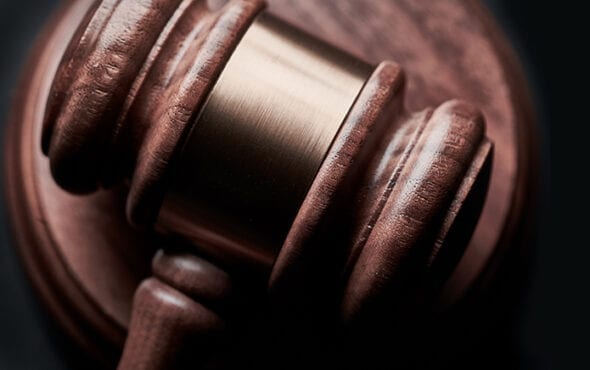
Ten months since a Supreme Court win, LGBTQ+ Kenyans say they feel more emboldened to fight for their rights and report hate crime – even as they face homophobic protests and a legislative proposal to toughen penalties for gay sex.
The court ruled in February to allow the National Gay and Lesbian Human Rights Commission (NGLHRC), a rights group, to register as a non-governmental organisation – winning praise from LGBTQ+ campaigners but triggering a menacing backlash.
Last month, the court upheld its original ruling following an appeal brought by a member of parliament (MP), giving an additional boost to the East African country’s gay and transgender community.
“We have renewed strength to advocate for the rights and dignity of LGBTQ+ individuals in Kenya,” Annette Atieno, communication officer at the NGLHRC, told Openly, referring to the outcome of September’s appeal by MP Peter Kaluma.
Kenya is still seen as a relative haven for LGBTQ+ people in a hostile region. Unlike in many of the more than 30 other African countries where same-sex relations are illegal, its colonial-era anti-gay law is rarely enforced.
But homophobic attitudes are common, and February’s ruling led to a surge in threats against the community. Reported incidences of abuse, including assaults, threats and discrimination, rose from 78 in January to 117 in February and 367 in March, according to the NGLHRC’s latest data.
Following the ruling, Kaluma presented a bill to parliament in May that would effectively undo the Supreme Court’s decision by limiting LGBTQ+ people’s rights of assembly, expression and demonstration.
Echoing similar legislation in neighbouring Uganda and in Ghana, it also seeks to establish a new offence punishable by death of “aggravated homosexuality”, which includes gay sex with a minor or disabled person.
Kaluma’s bill came after another motion by fellow lawmaker Mohamed Ali that called for a ban on any debate, distribution or publication of information or material that appears to support the LGBTQ+ community.
The motion was backed by MPs in March, but has no legal effect.
‘Inclusive approach’
In its ruling in February, the Supreme Court reaffirmed the right of registration of the NGLHRC based on article 36 of the Kenyan Constitution, which states “every person has the right to freedom of association, which includes the right to form, join or participate in the activities of an association of any kind”.
The court ruled that the decision to deny the commission’s application for registration was tantamount to denying the affected persons their constitutional rights.
Dismissing Kaluma’s appeal last month, the court wrote “the word ‘sex’ as used in article 27 of the Constitution, was to be interpreted as to include the expression ‘sexual orientation'”.
Kevin Muiruri, a Nairobi-based lawyer and human rights activist, said that demonstrated the court’s “inclusive approach”.
“It’s not easy to amend the constitution to include the (LGBTQ+) community,” he said. “That interpretation covers and protects their rights and freedom from discrimination.”
In effect, the right for the NGLHRC to register provides the LGBTQ+ community broad legal recognition that guarantees the right to hold events and openly commemorate Pride, for instance, Muiruri added.
September’s declaration by the court prompted a protest by hundreds of Muslims in the capital last week and a demonstration in the coastal city of Mombasa, which drew speakers including the lawmaker Ali.
Addressing the event, he said LGBTQ+ Kenyans should leave the country. “If it is a must that you want homosexuals and lesbians, give them visas and take them to America,” he said in Swahili.
While recognising that huge challenges still lie ahead, some LGBTQ+ Kenyans said they felt vindicated by the Supreme Court’s position.
Neville Akwara, a gay man from Nakuru County in the Rift Valley, said the court victory “legally justified our existence in the society”.
He said it has also given him the confidence to report several incidents of homophobic abuse to the NGLHRC, which in turn refers reports to law enforcement – though many people opt not to pursue their cases, fearing stigma and discrimination.
“I have received several death threats (via) my phone,” Akwara said, adding that the only way to stop abuse and violence targeting the LGBTQ+ community would be to legalize same-sex relations.
“I’m coming to terms that this (won’t stop) until we are recognised formally,” he said.
Reporting by Daniel Kipchumba.
GAY TIMES and Openly/Thomson Reuters Foundation are working together to deliver leading LGBTQIA+ news to a global audience.



